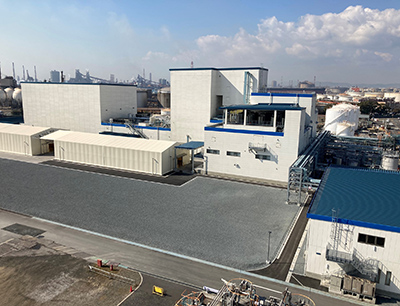
In 2018, potentially carcinogenic nitrosamine impurities were detected in several medicines. Since then, public awareness of the potential health risk of nitrosamines has increased significantly worldwide. To help reduce the risk of potentially carcinogenic nitrosamine impurities in pharmaceuticals and dietary supplements, Asahi Kasei now offers Ceolus, a microcrystalline cellulose (MCC) that has nitrite levels of 0.1 micrograms per gram or less.
Under the guidance of regional authorities such as the European Medicines Agency EMA and the US Food & Drug Administration FDA, the pharmaceutical industry has carried out extensive assessments and research to determine the cause of the impurities. One risk factor for the formation of nitrosamines is nitrosation. This is a reaction of secondary or tertiary amines with nitrites during or after the manufacturing process of drugs and pharmaceutical products. Reducing the nitrite concentration in pharmaceutical raw materials is seen as an effective means of reducing the risk of nitrosamine formation.
Asahi Kasei has been producing microcrystalline cellulose in the Japanese city of Nobeoka since 1970. MCC is produced from natural cellulose and is mainly used as an excipient for pharmaceuticals, food supplements and foodstuffs. Ceolus is mainly used as a binder for tablets. It is an additive that gives pharmaceutical tablets their shape. The high-performance Ceolus grades in particular enable manufacturers of pharmaceuticals and food supplements to realise sophisticated formulations, solve tableting problems and produce unique, patient-friendly dosage forms.
Asahi Kasei has succeeded in reducing the nitrite concentration in MCC to 0.1 ppm or less. This means that potential health risks from nitrosamine contamination can be further reduced.